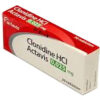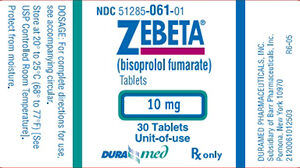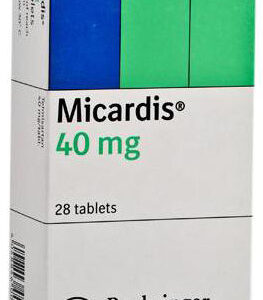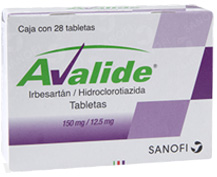Clonidine is a medication that belongs to the class of drugs known as centrally acting alpha-agonists. It is primarily used to treat high blood pressure, but can also be prescribed for other conditions such as attention deficit hyperactivity disorder (ADHD), withdrawal symptoms from opioid addiction, and certain types of pain. Clonidine works by stimulating alpha receptors in the brain, which results in the relaxation of blood vessels and a decrease in heart rate.
Avoiding Risks with Clonidine
Clonidine should not be taken by individuals who have a known hypersensitivity or allergy to the medication. It is also contraindicated in individuals with certain medical conditions such as severe bradycardia (slow heart rate), heart block, or hypotension (low blood pressure). Caution should be exercised when prescribing clonidine to individuals with liver disease, as it may affect liver function.
Clonidine and Your Health
As with any medication, clonidine may cause side effects. Common side effects include drowsiness, dry mouth, constipation, and fatigue. These side effects are usually mild and self-limiting, but if they persist or worsen, it is important to contact a healthcare professional. In rare cases, clonidine may cause more serious side effects such as low blood pressure, slow heart rate, or allergic reactions. If any of these occur, immediate medical attention should be sought.
Proper Use
When taking clonidine, it is important to follow the prescribed dosage instructions provided by a healthcare professional. The medication is typically taken orally, with or without food. If a dose is missed, it should be taken as soon as remembered, unless it is close to the time for the next dose. In such cases, the missed dose should be skipped. It is important not to double the dose to make up for a missed one. In the event of an overdose, symptoms may include extreme drowsiness, slow heart rate, low blood pressure, and difficulty breathing. If overdose is suspected, immediate medical attention should be sought.
Mixing with Other Drugs
Clonidine may interact with other medications, which can alter its effectiveness or increase the risk of side effects. It is important to inform a healthcare professional of all medications being taken, including prescription, over-the-counter, and herbal products. Clonidine should not be taken with medications that lower blood pressure, such as beta-blockers or calcium channel blockers, as it may result in excessive blood pressure reduction.
Common Questions
-
Can clonidine be used to treat ADHD?
Yes, clonidine can be prescribed off-label for the treatment of ADHD, particularly in children who are unable to tolerate stimulant medications.
-
Does clonidine cause weight gain?
Weight gain is not a common side effect of clonidine. However, individuals may experience changes in appetite, which could potentially lead to weight changes.
-
Can clonidine be used during pregnancy?
Clonidine should only be used during pregnancy if the potential benefits outweigh the potential risks. It is important to consult with a healthcare professional before taking any medication while pregnant.
-
Can clonidine be addictive?
No, clonidine is not considered to be addictive. However, sudden discontinuation of clonidine after prolonged use may result in withdrawal symptoms.
-
Is it safe to consume alcohol while taking clonidine?
No, it is not recommended to consume alcohol while taking clonidine. Alcohol can increase the sedative effects of clonidine and may result in excessive drowsiness or dizziness.






Reviews
There are no reviews yet.